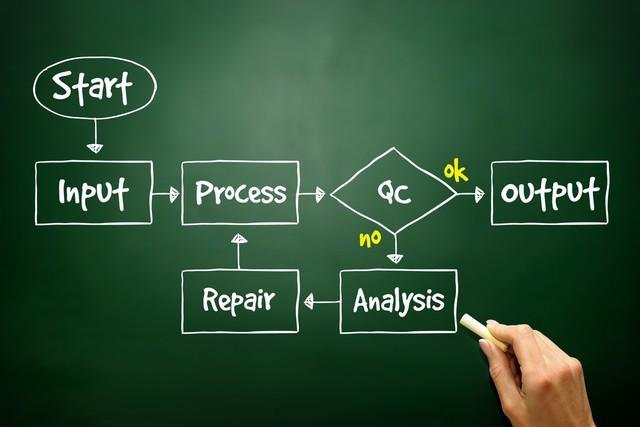

一般将来时是英语中的一种时态,用于描述将来要发生的动作、事件、状态等。它常常与表示将来的时间状语连用,如 tomorrow(明天)、next week(下周)、in the future(在未来)等,以表达将来发生或存在的事情。下面我们来详细了解一下一般将来时的用法。

一、构成
一般将来时的构成方式是:will/shall + 动词原形。
Affirmative(肯定句)
主语 + will/shall + 动词原形
例如:
I will go to the party tomorrow.(我明天将去参加派对。)
He shall finish his homework before 10 o’clock.(他必须在10点前完成他的家庭作业。)
Negative(否定句)
主语 + will/shall + not + 动词原形
例如:
I will not attend the meeting next week.(下周我不会参加会议。)
They shall not be allowed to enter the building without permission.(未经允许,他们将无法进入大楼。)
Interrogative(疑问句)
Will/Shall + 主语 + 动词原形?

例如:
Will you come to my party tonight?(你今晚会来我的派对吗?)
Shall we have a picnic next weekend?(我们下个周末去野餐好吗?)
二、用法
表示未来的动作或状态
例如:
I will call you later to discuss the details.(我稍后会给你打电话,讨论详情。)
They will arrive at the airport at noon.(他们将在中午到达机场。)
表示打算、意愿、承诺等
例如:
She will study abroad next year.(明年她将去留学。)
He will help me with the project tomorrow.(他明天会帮我完成这个项目。)
表示预测、推测或认为
例如:
I think it will rain tomorrow.(我认为明天会下雨。)
He will probably be late for the meeting.(他可能会迟到参加会议。)
表示请求、邀请或建议
例如:
Will you please pass me the salt?(请你递给我盐好吗?)
Shall we go for a walk after lunch?(午饭后我们去散步好吗?)
表示命令、警告或威胁
例如:
You will not leave until you finish your work.(你必须完成工作之前不能离开。)
They shall be punished if they break the law.(如果他们违反法律,将受到惩罚。)
表示习惯或惯例
例如:
We will usually have breakfast at 7 o’clock.(我们通常会在早上7点吃早餐。)
She will always sing a song before going to bed.(她每晚睡觉前都会唱一首歌。)

三、时间状语
一般将来时常常与表示将来的时间状语连用,以便更加明确地表示将来发生的时间。常用的时间状语包括:
tomorrow(明天)、the day after tomorrow(后天)、next week/month/year(下周/月/年)、in the future(在未来)、soon(很快)、later(稍后)、tonight(今晚)等。
例如:
I will go to the beach next weekend.(下个周末我会去海滩。)
She will finish her report tonight.(今晚她会完成她的报告。)
四、注意事项
一般将来时的助动词有“will”和“shall”,根据不同的主语和语气可以选用不同的助动词。
例如:
I will finish this task before the deadline.(我会在截止日期之前完成这项任务。)
Shall we go to the cinema tonight?(今晚我们去看电影好吗?)
在口语中,常常使用缩略形式的“’ll”代替完整的“will”。
例如:
I’ll meet you at the station.(我会在车站等你。)
He’ll probably be late for the party.(他可能会迟到参加派对。)
一般将来时表示的是将来发生的事情,但并不表示一定会发生。因此,在使用一般将来时时需要注意语气,以免引起误解。

例如:
I will probably go to the concert tonight.(我可能会去今晚的音乐会。)
We shall see if he can make it on time.(我们等着看他能否按时到达。)
一般将来时是英语中非常重要的一种时态,它能够表达将来将要发生的动作、状态、意愿、预测等等。在使用一般将来时时,需要根据实际情况选择适当的助动词、动词的形式,以及搭配相应的时间状语,才能表达得更加准确、自然。